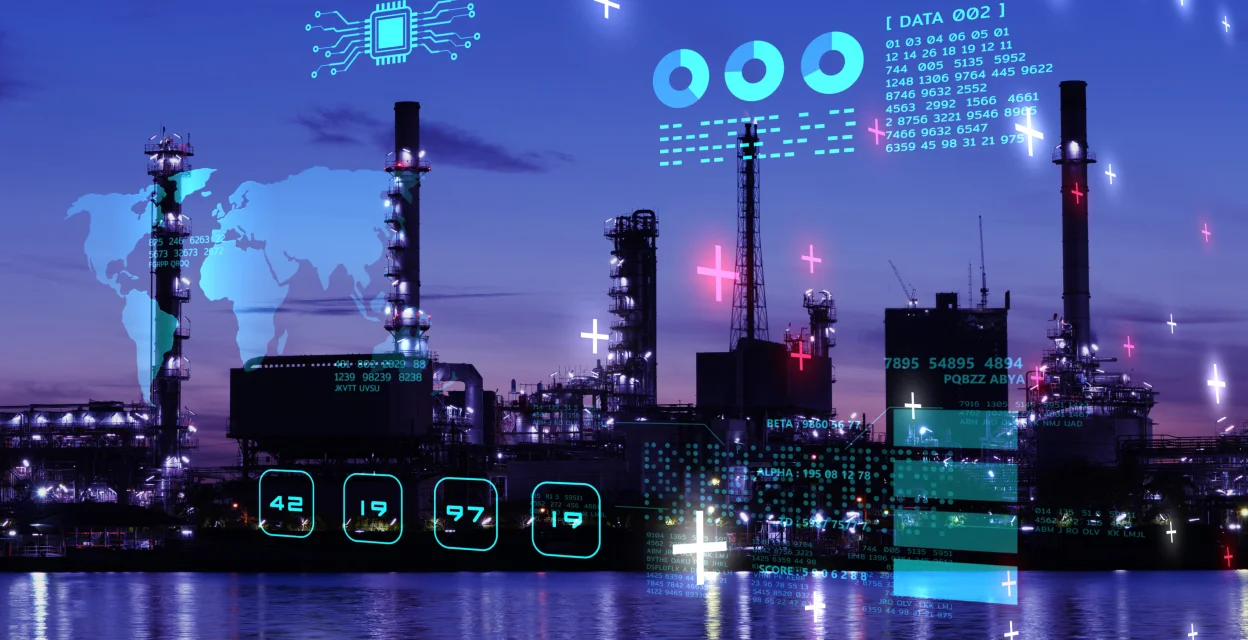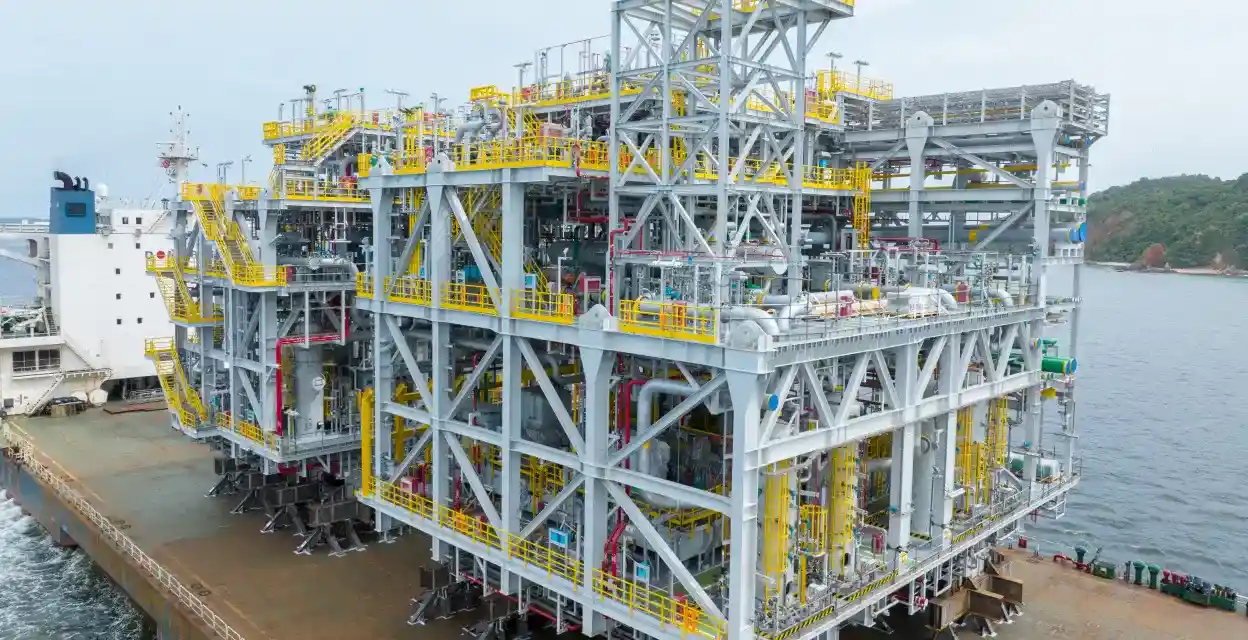The oil and gas industry has long been a cornerstone of global energy production, yet it is no
stranger to challenges. From fluctuating oil prices to increasing environmental scrutiny,
companies face mounting pressure to improve efficiency, reduce costs, and embrace
sustainability. Digital transformation has emerged as the key to addressing these challenges,
driving innovation, and redefining how the industry operates.
The Rise of Smart Technologies in Oil & Gas
Smart technologies such as the Internet of Things (IoT), Artificial Intelligence (AI), Machine
Learning (ML), and digital twins are revolutionizing every aspect of the oil and gas value
chain. These technologies enable companies to collect, analyze, and act on data in ways that
were previously impossible, fostering efficiency, safety, and sustainability.
1. IoT: Connecting Assets and Enhancing Visibility
IoT devices are widely deployed across oil rigs, pipelines, and refineries, collecting real-time
data on equipment performance, environmental conditions, and operational metrics. By
integrating IoT into operations, companies gain unprecedented visibility into their assets,
enabling proactive maintenance and reducing downtime.
- Example: Smart sensors monitor pipeline pressure and temperature, sending alerts
when anomalies occur, which minimizes the risk of leaks and ensures environmental
compliance.
2. AI and ML: Data-Driven Decision Making
AI and ML algorithms analyze vast amounts of data to identify patterns, predict outcomes,
and optimize processes. These technologies are particularly impactful in exploration,
drilling, and production.
- Example: ML models predict the best drilling locations by analyzing geological data,
historical production figures, and market trends, reducing exploration costs and
increasing yield.
3. Digital Twins: Simulating Operations for Optimization
Digital twins create virtual replicas of physical assets, processes, or systems. Engineers and
operators can simulate various scenarios, test modifications, and optimize operations
without disrupting real-world activities.
- Example: A refinery’s digital twin can test the impact of new configurations on
production efficiency, enabling data-driven adjustments that improve output.
Benefits of Digital Transformation
Enhanced Efficiency
Smart technologies streamline operations, automate repetitive tasks, and provide
actionable insights that improve decision-making. For instance, AI-driven predictive
maintenance reduces unplanned shutdowns, significantly increasing operational uptime
Improved Safety
With IoT sensors and AI-powered analytics, companies can detect hazards in real-time,
implement preventive measures, and protect workers from dangerous conditions. Remote
monitoring also reduces the need for human presence in high-risk areas.
Sustainability and Environmental Responsibility
Digital tools help oil and gas companies minimize their environmental footprint by
monitoring emissions, optimizing resource usage, and ensuring compliance with
environmental regulations. Predictive analytics can also guide efforts to minimize energy
consumption and waste.
Challenges and Solutions in Implementation
Despite its promise, digital transformation comes with challenges such as high initial
investment, cybersecurity risks, and resistance to change. Companies can overcome these
hurdles by:
- Developing a Clear Digital Strategy: Aligning digital initiatives with business goals ensures a focused approach.
- Investing in Training: Equipping employees with the necessary skills fosters adoption and maximizes ROI.
- Enhancing Cybersecurity Measures: Implementing robust protocols and technologies to protect sensitive data.
How Petronash is Leading the Way
At Petronash, we understand the transformative potential of smart technologies. Our
cutting-edge solutions integrate IoT, AI, and digital twins to optimize chemical injection
systems, modular engineering, and other critical oil and gas operations. By partnering with
Petronash, clients can harness the power of digital transformation to stay competitive,
efficient, and sustainable in an ever-evolving industry.
Conclusion
Digital transformation is not just a trend; it’s a necessity for oil and gas companies striving to
thrive in a challenging landscape. By adopting smart technologies, the industry can achieve
unprecedented levels of efficiency, safety, and sustainability. As a trusted partner,
Petronash is committed to driving this transformation, empowering clients to innovate and
excel in the digital age.
 Back To Blogs
Back To Blogs


